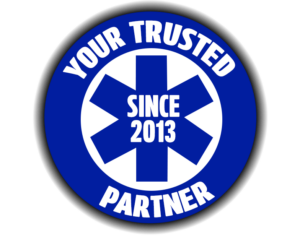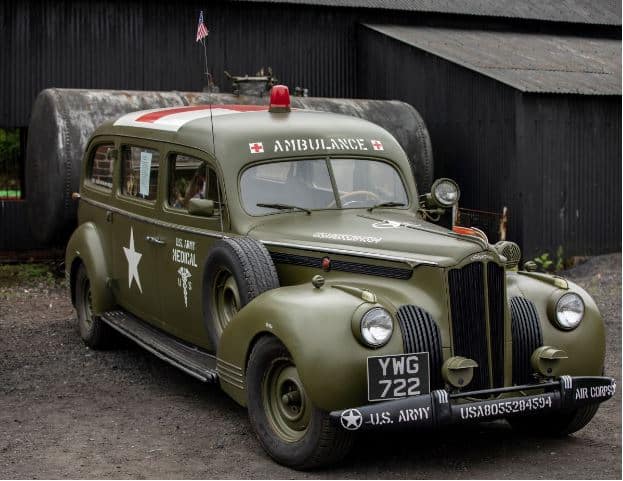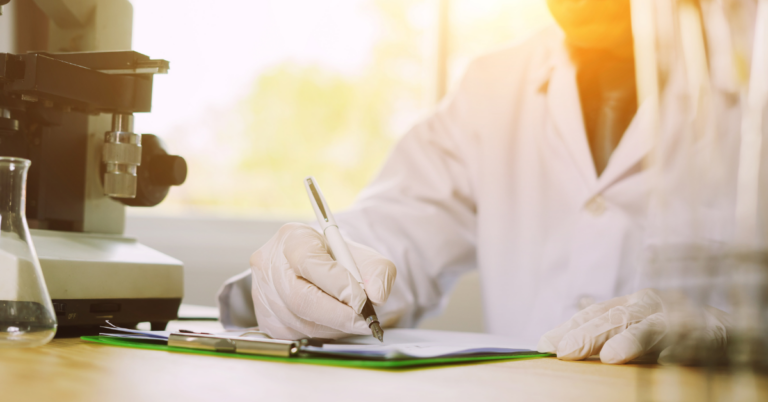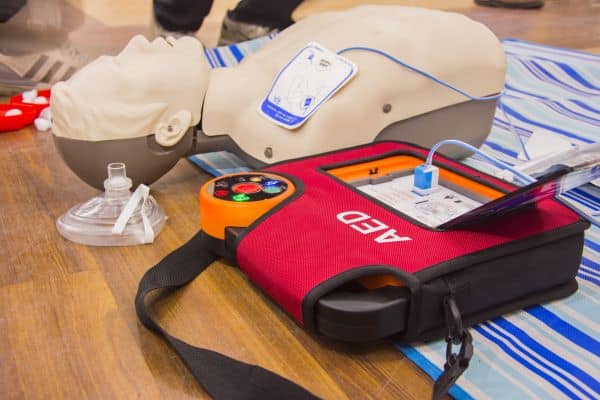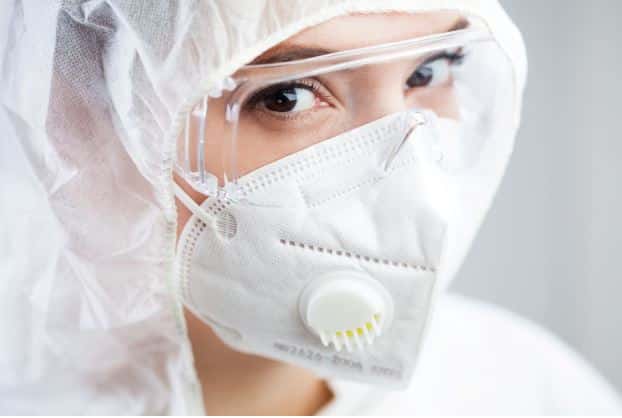
First Line Defense for Infectious Disease Protection
Dedicated professionals work tirelessly to minimize the growth of infectious diseases on local, national, and global levels. From local health departments to the CDC to the WHO, many individuals and organizations assess and contain threats of infectious diseases.
First responders, particularly EMTs and paramedics, are our first line of defense for infectious disease protection. Because first responders are often exposed to a number of communicable diseases, personal protective equipment is crucial in order to prevent the individuals from receiving an unknown pathogen and from inadvertently spreading it to others.
Before Emergency Medical Services arrive, dispatchers are responsible for gathering as much information as possible about the ailment, in order to inform EMTs regarding what sort of diseases they may be facing. The EMTs then must ask questions to the individual, and perhaps even their families, in order to provide the hospital with a thorough, accurate report. Medical reports, including those written by paramedics, help hospitals compile a clearer picture of any clusters that are forming or other patterns or cautions. The data collected at hospitals is submitted to health departments, which, consequently, can prevent the outbreak of diseases like ebola and polio.
It is estimated that the average EMT/paramedic oversees the wellbeing of over 1300 citizens. With such an enormous responsibility, it is imperative that first responders are protected. EMTs necessarily work in close contact with infectious diseases including Hepatitis, Covid-19, HIV, malaria, and others. Depending on the circumstances, medical staff may need to wear personal protective equipment such as gloves, glasses, masks, or m95 respirators. PPE is critical for the health of our front line workers and, in turn, our nation and world.
It is important for first responders to ask thorough questions to individuals who display symptoms and, in many cases, those they reside with. They must often take on an investigative approach, understanding which conditions correspond to which symptoms, while being aware of local alerts and trends. Although local clusters are typically on the forefront of EMTs minds, exotic diseases may also present. EMTs should always ask if the individual has been out of the country recently, how long they were away, and how long ago they returned. This will paint a clearer image of what types of diseases to consider.
Accurate and timely reporting is essential for two reasons. First, reporting is useful only if it presents accurate information in order to compare symptoms among individuals in an area. Second, submitting reports promptly is necessary if quarantine protocols are to be set in place, either for one individual or an entire contact sphere. Because our first line of defense is emergency medical personnel, it is imperative that they keep themselves safe through the use of personal protective equipment, like that offered by Coast Biomedical. With the use of personal protective equipment, thorough investigation, and timely, accurate reporting, EMTs and paramedics can help keep communicable diseases at bay.
Coast Biomedical is committed to the safety of patients and EMTs, and we provide helpful tips as well as high-quality medical equipment. Whether you are looking for simple tips, the “latest and greatest” items, or refurbished medical equipment, Coast Biomedical provides the tools you need to keep patients–and staff–safe and comfortable.

